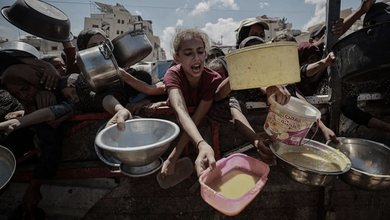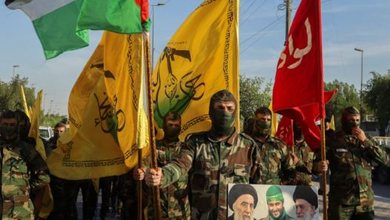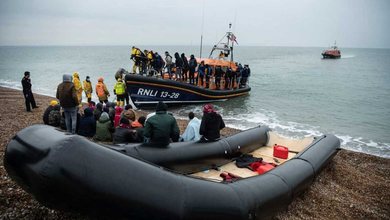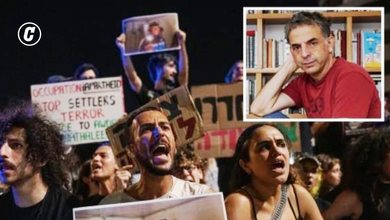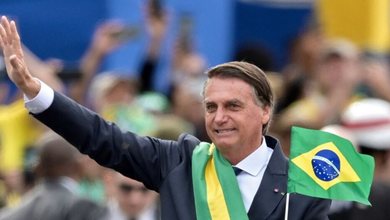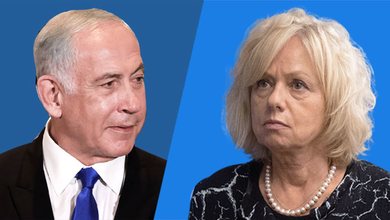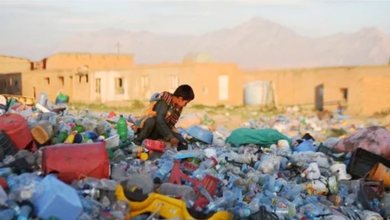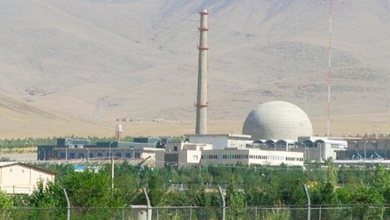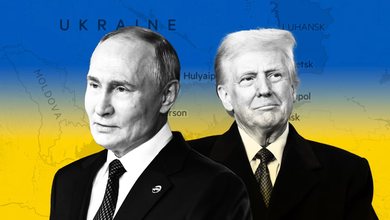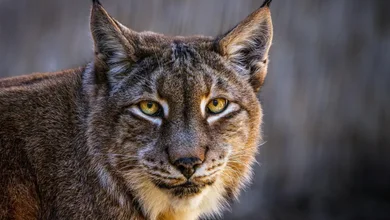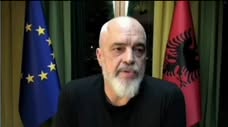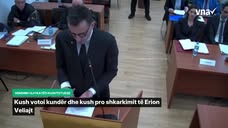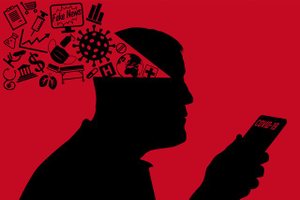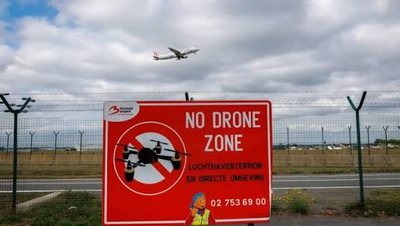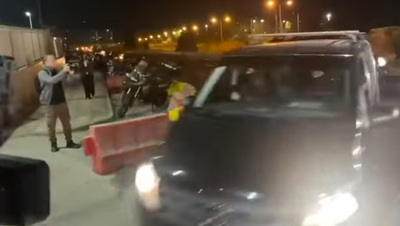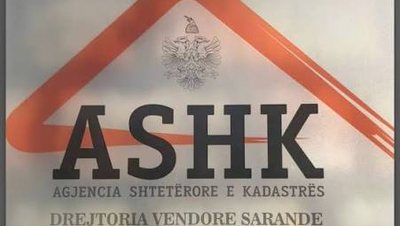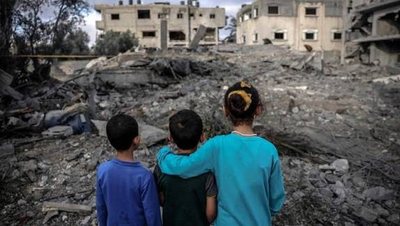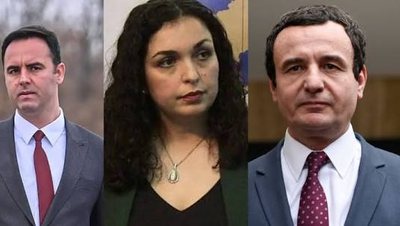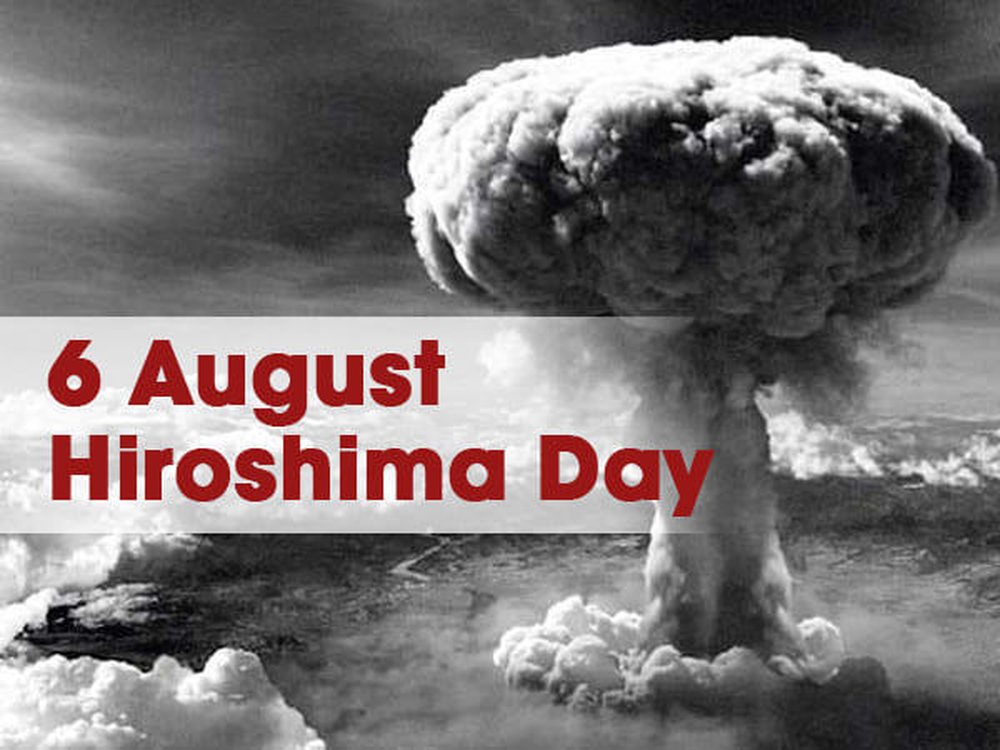
With a silent prayer, Japan commemorated on Wednesday morning the 80th anniversary of the United States dropping the atomic bomb on the city of Hiroshima.
Japanese Prime Minister Shigeru Ishiba attended the memorial ceremony along with officials from around the world. At the Peace Memorial Park, Hiroshima Mayor Kazumi Matsui said: “Japan is the only country to have experienced a nuclear bombing during a war. The Japanese government represents a people who aspire to true and lasting peace.”
The atomic bombings of Hiroshima and Nagasaki occurred within days of each other and led to the end of World War II, with the surrender of Japan. More than 200,000 people lost their lives, some from the immediate blast and others from radiation sickness and burns.
The damage and trauma from these weapons continue to be felt today by survivors.
“My father was badly burned and blinded by the blast. His skin was hanging off his body – he couldn’t hold my hand,” Shingo Naito, a Hiroshima survivor who was just six years old when the attack happened and lost his father and two younger sisters, told the BBC. Today, he shares his story with young students who are turning the memory of the tragedy into works of art.
In 2024, the Japanese atomic bomb survivors' group, Nihon Hidankyo, won the Nobel Peace Prize for its efforts for nuclear disarmament.
In his speech on Wednesday, Chairman Matsui warned of a “growing trend towards militarization worldwide” and “the belief that nuclear weapons are essential for national defense.”
“These developments flagrantly ignore the lessons that the international community should have learned from the tragedies of the past,” he said. “They risk collapsing the peace-building structures that have been built with great effort.”
He added that the Treaty on the Non-Proliferation of Nuclear Weapons – which aims to stop the spread of nuclear weapons and promote the peaceful use of nuclear energy – is “on the verge of functional incapacity”.
Chairman Matsui also called on the Japanese government to ratify the Treaty on the Prohibition of Nuclear Weapons, an international agreement that bans nuclear weapons and entered into force in 2021.
More than 70 countries have ratified the treaty, but nuclear powers such as the United States and Russia have opposed it, arguing that nuclear arsenals serve a deterrent role. Japan has also refused to ratify it, saying its security is bolstered by the presence of American nuclear weapons.
The nuclear issue remains a sensitive topic in Japan. On the streets leading to the Peace Memorial Park, small protests were held calling for total nuclear disarmament.


